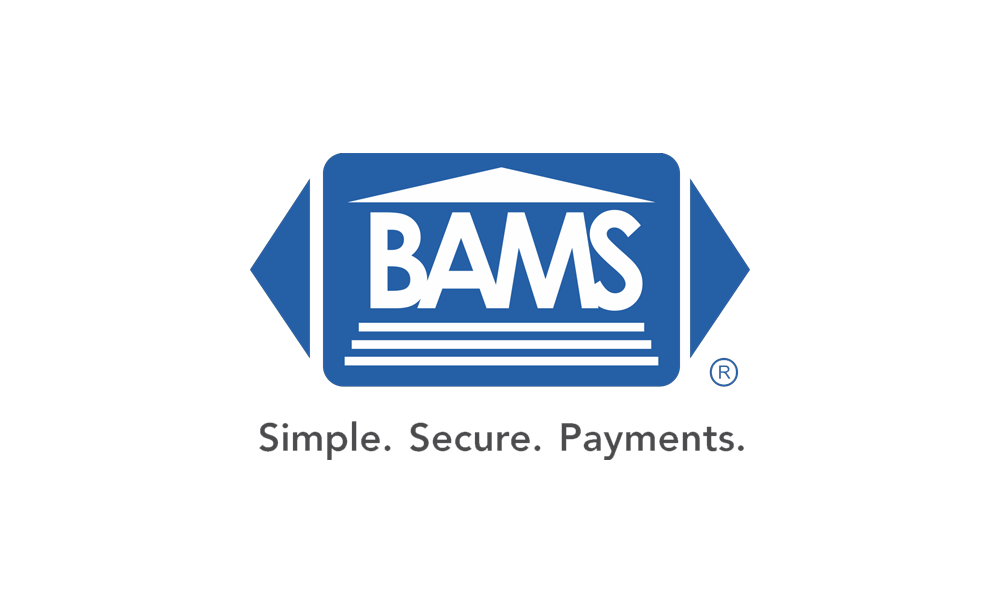Mistakes to Avoid When Choosing a Payment Processor
When business is tight, it becomes more important than ever for merchants to squeeze every ounce of value they can from their operations – including payment processing. In the wake of the COVID-19 pandemic with widespread closures and tightening consumer spending habits, many merchants are on the market for new payment processing partners that can offer them more while reducing their monthly merchant fees. But not all payment processors are created equal, and shopping for a new one is more complex than it might seem. The following are three common mistakes merchants make when searching for new payment processing partners, and learning to identify and avoid them could have a potentially huge positive impact on both profitability and smooth payment operations.
1) Accepting Unnecessarily High and Opaque Fees
Being in business is all about making money, yet it is staggering how many merchants undercut their profitability by accepting murky and inflated transaction fees. It is an easy mistake to understand, since the bloat in question can be a matter of fractions of a percent. But those fractions add up over the long run!
The biggest mistake merchants can make is going with a third-party payment processor like PayPal. This option might be fine in the earliest stages of business, but third-party processors charge a lot in exchange for the low barriers to entry they represent – often as much as 3.5%. To ensure the healthiest profits possible, all serious businesses need their own merchant account, and the best way to minimize fees is to select one that offers interchange-plus pricing. Interchange-plus is the most transparent pricing model in the payments industry, and replaces bloated, static transaction fees with dynamic fees based on the actual rates charged by the card companies.
2) Undervaluing Support
Money may be priority one, but it isn’t everything. Another huge consideration is support. When things go wrong – and in modern business, that’s a when, not an if – merchants need to be sure their payment processor both has their back and the expertise necessary to help them deal with problems. Shopping for a processor on price alone without considering the service and support programs included with a merchant account is a big mistake.
Take PCI compliance, for example. PCI compliance is incredibly important for all merchants accepting credit cards, and failing to meet the necessary standard could result in fines that could potentially ruin a business. But PCI compliance is also fairly complicated, and a lot of merchants – especially new ones – do not even know where to start. The guidance a knowledgeable, helpful payment processor can offer can be a literal business-saver. Whether it is PCI compliance, anti-fraud programs, or even access to lending, an engaged, supportive payment processor can be a critical ally and a big factor in long-term success.
3) Failing to Consider Funding
How fast a payment processor makes funds available is a major contributing factor in a company’s financial health. Slower access means reduced and less consistent cash flow, and any bottleneck on cash flow is a big problem. Unfortunately, most payment processors place standard holds of two to three business days (or more) on the funds generated from sales. A day or two might not be a big deal when things are going well, but when things go wrong, having to wait days for access to cash can hurt, especially for businesses that do heavy weekend sales.
Avoid that pain by putting an emphasis on funding when shopping for a new processor. At a minimum, merchants should look for a partner that offers the shortest holds possible. For merchants just starting out, that might mean an unavoidable one or two days, but merchants with a strong business history may be eligible for next-day funding, which could see funds hit their accounts in as little as 12 hours. The longer and stronger a merchant’s history is, the more emphasis they should put on ensuring quick access to their money.
New and experienced merchants alike stand to gain a lot from selecting a merchant services provider that provides them with the right fees, support, and funding options. A BAMS merchant account checks off all three of those boxes (and more) thanks to BAMS’s industry-leading interchange-plus pricing model, wide variety of value-added services, expert support team, and next-day funding.
If you’re ready to see how a BAMS merchant account can help you shave down your monthly merchant statements and get more for your fees, start your free five-point price comparison now.




